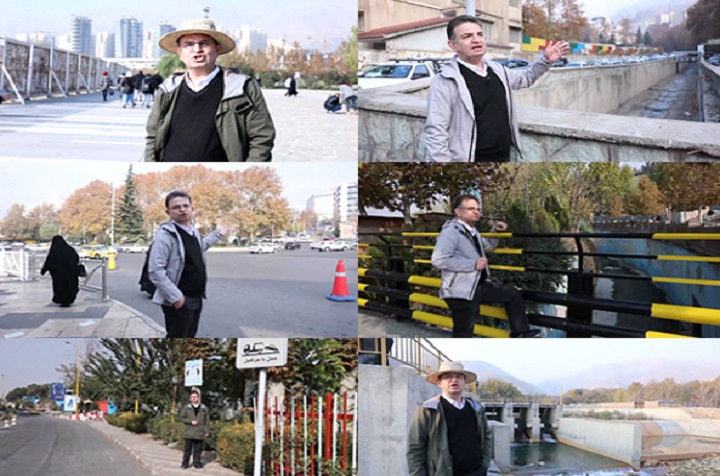Urbanization has impressively evolved over the past two centuries. Taking into account that, more than 50 percent of the world’s population live in cities as well as its growing trend, urbanization has become a global phenomenon. Although the high density of urban population has benefits such as reducing the cost of providing services, development of human settlements around the river banks cause changes in the quantity and degradation of the water resources quality and has negative consequences on the rivers.
In line with sustainable urban river management, the Regional Centre on Urban Water Management (RCUWM) has held a virtual field trip from four main urban rivers in Tehran city as a new teaching approach due to the restrictions posed by COVID-19 pandemic has brought up to optimize student engagement and learning.
This project was supported by UNESCO Jakarta as well as UNESCO Tehran Cluster Offices. Filming was also conducted through collaboration of Tehran Municipality and the Ministry of Energy (MOE), Iran.
The objective of this project was to contribute to a series of innovative virtual field trips to support active learning in water management at the tertiary level across the region. This project also provides students with opportunities to access and engage in virtual fieldworks and to acquire skills in field based observation, monitoring, measurement and analysis.
The content of the virtual field trip addresses the overall theme of “Urban Water and Sustainability” in Tehran city. It is also designed to support active learning in water management for university and higher institutions to be embedded in the available and online platform for education purposes.
In addition to introduction and concluding remarks, altogether eight field visit points are virtually viewed on Google Earth platform so that each field visit point has distinct objectives covering different issues as follows:
- Urban river restoration
- River and citizen
- Urban flood
- Linear park and waterfront design
- Water transmission plan
- Discharging contaminated wastewater into the river
- Sand and gravel mining area
- Seasonal river and crossing structures
- Artificial diversion due to urbanization
A lecture file was also developed having theoretical contexts and lesson planning on “Sustainable Urban River Management”. The main topics of the lecture file are listed as follows:
- What is river restoration and why restoration?
- Success factors and technical issues.
- Water sensitive urban design and basin-connected cities.
- Tehran river restoration and improvement master plan.
Click here to access to Digital Catalogue.
Click here to visit each point on the google earth.



